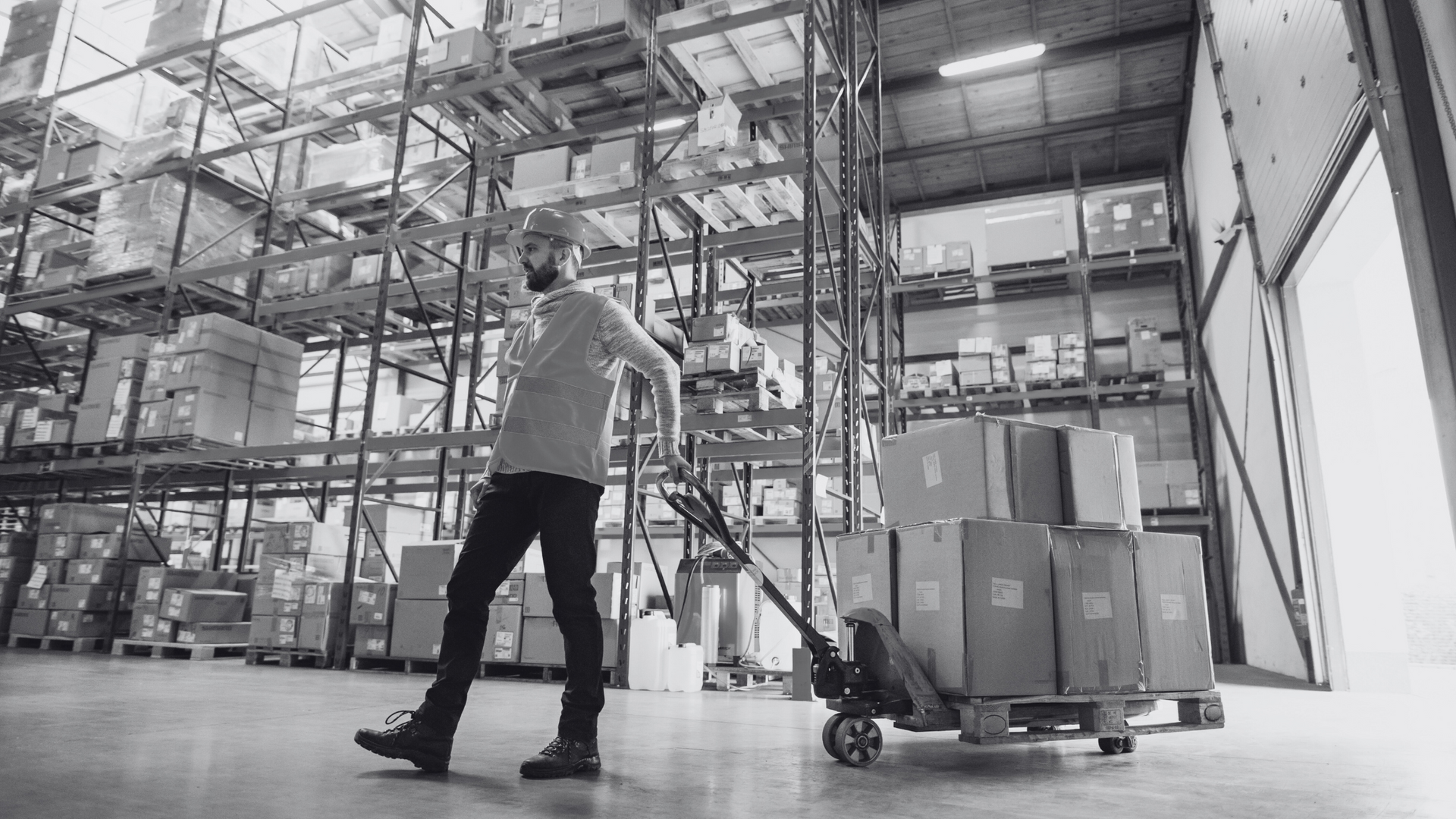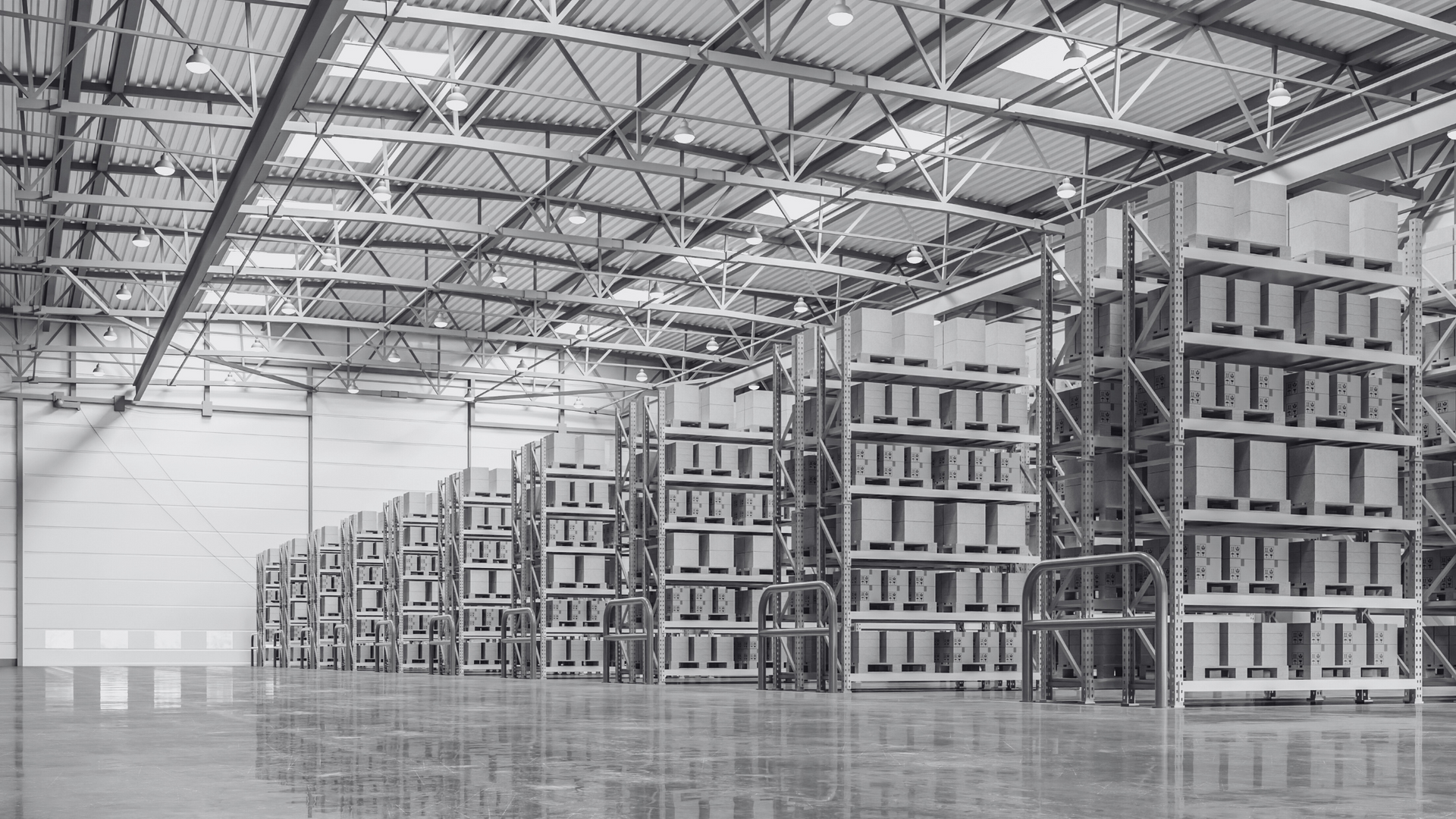Finding the Best Option for Your Budget and Needs
Choosing between renting or buying equipment is a critical decision for businesses in material handling, warehousing, and logistics. The right choice depends on factors like budget, usage frequency, and long-term business goals. Understanding the advantages of each option can help you make the best decision for your operation.
When to Rent Equipment
Renting equipment is ideal for businesses that need flexibility without a long-term commitment. Here are some key reasons to rent:
- Short-Term or Seasonal Needs – If your business experiences seasonal spikes or short-term projects, renting allows you to scale up without the burden of ownership.
- Lower Upfront Costs – Renting requires minimal initial investment, freeing up capital for other business needs.
- Access to the Latest Equipment – Rental fleets are typically well-maintained and updated, ensuring you have access to newer models with advanced features.
- No Maintenance or Repair Costs – The rental provider handles maintenance and repairs, reducing unexpected expenses and downtime.
- Testing Before Buying – If you’re considering a purchase but aren’t sure which model suits your needs, renting allows you to test different options before committing.
When to Buy Equipment
Owning equipment is a smart investment for businesses with long-term, consistent needs. Here’s why purchasing might be the right choice:
- Frequent or Continuous Use – If a piece of equipment is used daily or for extended periods, buying can be more cost-effective over time.
- Long-Term Cost Savings – While the upfront cost is higher, ownership eliminates recurring rental fees and provides a return on investment.
- Full Control Over Equipment – Owning means you can modify or customize equipment to fit specific needs without restrictions.
- Tax and Depreciation Benefits – Purchased equipment may offer tax advantages, including depreciation and deductions.
- Availability When You Need It – Owning ensures equipment is always available, eliminating potential rental shortages or scheduling conflicts.
Factors to Consider Before Deciding
To determine whether renting or buying is best for your business, consider the following:
- How often will the equipment be used? Frequent use favors buying, while occasional use makes renting more practical.
- What is your budget? If capital is limited, renting avoids large upfront costs.
- Do you need flexibility? If your business is growing or changing, renting allows easy upgrades and adjustments.
- Are maintenance costs a concern? Rentals include maintenance, while ownership requires budgeting for repairs and upkeep.
Conclusion
Both renting and buying have advantages, and the right choice depends on your business’s specific needs. If you need short-term flexibility or want to avoid maintenance costs, renting is a great solution. If your operation relies on consistent equipment use and you’re looking for long-term savings, buying may be the better investment.
Southeast Handling Systems offers a wide range of rental and purchase options to fit your business needs. Contact us at 866-254-1164 to discuss the best solution for you.




